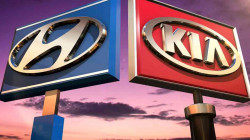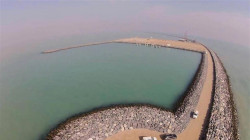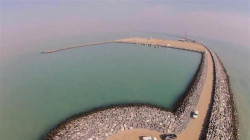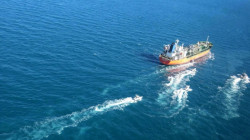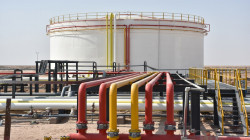Will Iraq Buy South Korea’s KF-21 Fighter Jet?
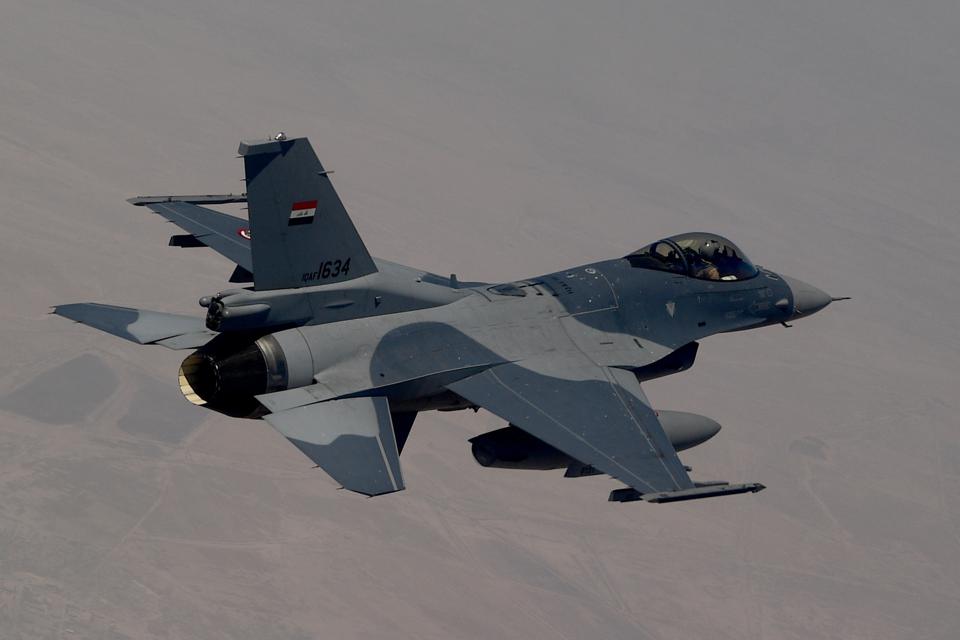
Shafaq News/ One country South Korea is hoping will buy the new fighter jet it’s developing is Iraq. But is this a realistic expectation on Seoul’s part?
South Korean President Moon Jae-in recently indicated that Iraq might become a potential buyer of the KF-21 Boramae. Baghdad previously bought the T-50 Golden Eagle supersonic jet trainer, South Korea’s first indigenously built fighter jet.
The KF-21 is a sophisticated and stealthy 4.5-generation jet. However, since the initial versions will carry its weapons on external hard points, rather than inside internal bays, it won't be as stealthy as the fifth-generation F-35 or F-22. Nevertheless, the KF-21’s comparatively low price and lack of strings attached will likely win it buyers.
The Block 1 version of the jet will be an air superiority fighter solely dedicated to air-to-air missions. The Block 2 version, on the other hand, will be a multi-role jet that will also have ground attack capabilities.
The post-2003 Iraqi Air Force has been used primarily for airstrikes against the Islamic State (ISIS) group that infamously conquered one-third of that country in 2014.
The United States sold Iraq a fleet of F-16C/D Block 52 jets, the most advanced fighter-bomber in the Iraqi arsenal. Despite this, it’s much less sophisticated Russian-built Su-25 Frogfoot attack planes carried out the overwhelming majority of the Iraqi airstrikes against ISIS throughout that war.
Several Iraqi F-16s were grounded over the past year, even though the country only began taking delivery of them in mid-2015, mainly due to poor maintenance. Baghdad is heavily reliant on Washington for spare parts and technical support to keep these jets operational.
Given the type of threats it is most likely to face for the foreseeable future, such as ISIS, Iraq may well favor basic, easier to maintain strike aircraft like the Su-25, the Czech L-159 and even the above-mentioned Korean T-50, over the much more advanced KF-21.
At the same time, by the time the KF-21 is available, Iraq’s F-16s will be at least 15 years old. By then, Baghdad may decide that buying some KF-21s to replace those jets and bolster its limited capabilities to police, patrol, and defend its airspace would be a worthy investment.
Furthermore, South Korea may prove a preferable country from which to purchase such an advanced jet.
“Korea is emerging as a middle power aerospace supplier, and the KF-21, if successful, would represent an advanced fighter at a moderate price, and without much of the political baggage of a U.S. or European supplier, or even increasingly a Russian or Chinese supplier,” Rodger Baker, Stratfor’s senior VP for strategic analysis, told me (the journalist).
According to Baker, several factors could favor an Iraqi purchase of the KF-21 down the road, although there are also several constraints.
He pointed out that Iraq anticipates either a significant reduction or total withdrawal of U.S. military personnel from the country as part of a global realignment of Washington’s priorities.
“While a post-U.S. Iraq largely faces internal economic and security challenges, and thus will focus heavily on lower-end systems and drones for managing insurgency, it is also in a neighborhood where regional dynamics are reasserting themselves over global competition,” Baker said.
“Iraq will be very aware of the rising capabilities and influence of Turkey and Iran, and while it will work with these neighbors, it will also seek to demonstrate a domestic capability to defend its territory.”
Iraq is also likely to cooperate with other secular Arab states, namely Egypt and Jordan, to strengthen its positions against Arab rivals as well as Turkey and Iran.
In this broader context, Baker anticipates that “something like the KF-21, then, could serve as both a demonstration of a stronger Iraq in a tough neighborhood and fit within a narrative of a more independent Iraq - one less dependent upon outside great powers.”
Another factor that could weigh in Korea’s favor is its “position as a middle power with no history of regional colonialism” which “fits well within that political context.”
“The key challenges include questions of Iraq’s political unity and stability over the next decade, as well as the ability of the country to reshape its budget and expenditures to lay a more secure fiscal foundation for the future,” Baker said.
“Iraq will also need to place more attention on military education, training, logistics and maintenance capabilities if it wants to integrate more modern systems, such as the KF-21.”
Source: Forbes
